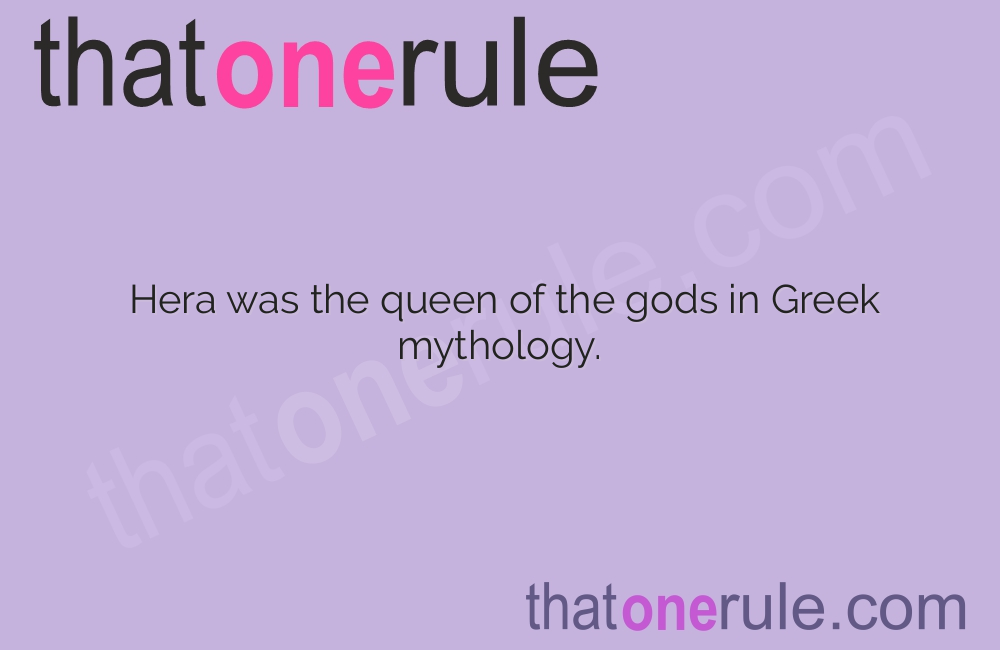Hera – Explore Fascinating Facts About the Greek Goddess

Hera was the queen of the gods in Greek mythology.
Hera was the wife and sister of Zeus, the king of gods.
Hera was known for her beauty and regal demeanor.
Hera was the goddess of marriage and childbirth.
Hera was often depicted as a peacock.
Hera was a powerful and fierce deity.
Hera’s anger was legendary, and she was known for her revenge.
Hera was often seen as a protector of married women.
Hera was known for her loyalty to Zeus, despite his numerous affairs.
Hera was a symbol of stability and commitment.
Hera had many children, including Ares, the god of war, and Hephaestus, the god of blacksmiths.
Hera was venerated as a goddess of fertility and women’s health.
Hera was instrumental in the Trojan War, supporting the Greeks.
Hera was associated with the city of Argos.
Hera was a patron of family and household matters.
Hera’s sacred animal was the cow.
Hera was believed to have control over the weather.
Hera was known for her intelligence and wisdom.
Hera was an influential figure in ancient Greek society.
Hera’s role as a protector extended to all children, not just her own.
Hera was a compassionate goddess, despite her reputation for anger.
Hera was respected and feared by mortals and gods alike.
Hera’s temples and shrines were widespread throughout Greece.
Hera’s presence was often invoked during wedding ceremonies.
Hera – Explore Fascinating Facts About the Greek Goddess part 2
Hera’s blessings were sought by couples looking for a successful and happy marriage.
Hera was one of the few goddesses who retained her power after the rise of Zeus.
Hera was known for punishing infidelity and dishonesty within marriages.
Hera’s role as a mother figure extended beyond her own children.
Hera was associated with the concepts of fidelity and loyalty.
Hera was seen as a protector of women during childbirth.
Hera was known for her strategic and tactical thinking.
Hera’s rivalry with Zeus was a central theme in Greek mythology.
Hera’s presence was often invoked to bring prosperity and abundance.
Hera was associated with the moon and its phases.
Hera was revered for her beauty and grace.
Hera’s sacred plant was the pomegranate.
Hera was believed to have the power to influence the outcome of wars.
Hera was a patron of artists and craftsmen.
Hera’s immortality was often contrasted with the mortality of humans.
Hera was seen as a symbol of feminine strength and resilience.
Hera’s statues were often adorned with a crown or diadem.
Hera was often depicted with a scepter, symbolizing her authority.
Hera’s dominion over marriage made her a central figure in Greek society.
Hera was believed to have the power to bless or curse marriages.
Hera’s role as a protector extended to all aspects of family life.